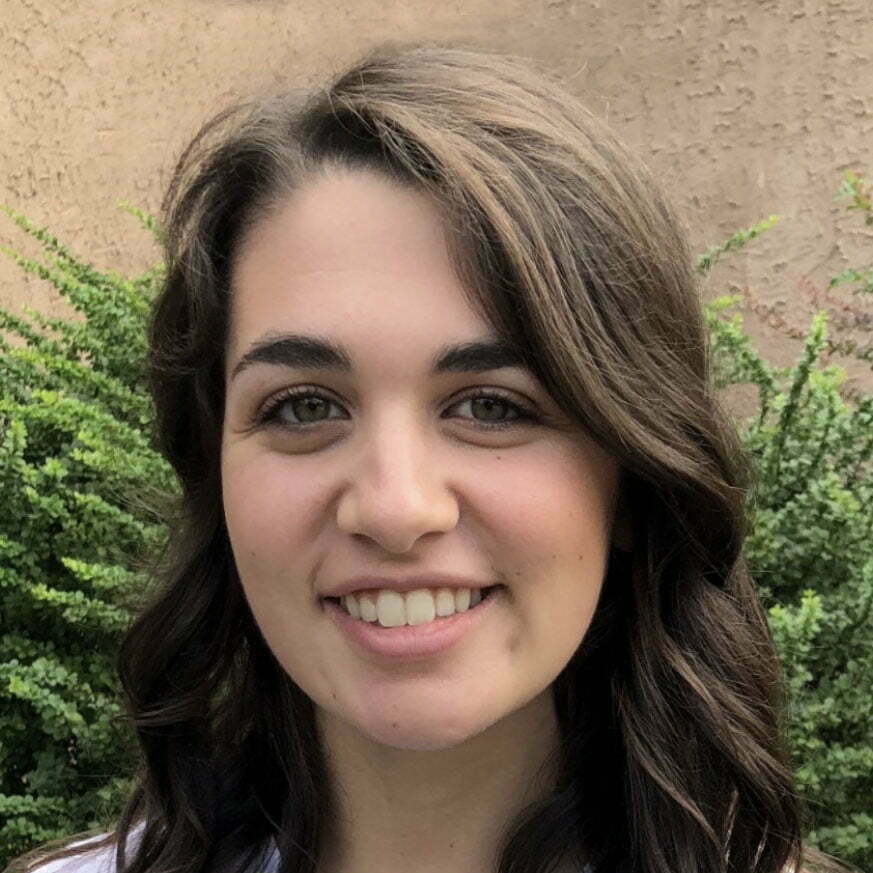The information on this website should not be considered medical advice.
This website contains affiliate links, and we may be compensated for referrals.
Jumping into research as a pre-medical student can open many doors. Research before medical school will flourish on your resume if executed well and provide you with ample opportunity to expand your future career into medical research.
Participating in research will only serve you well, whether you are an aspiring physician-scientist hoping to score a spot in an all-expenses-paid MD-PhD program or achieve significant accomplishments before applying to medical school.
It may seem like an intimidating task, but here are a few ways to get started.
1. Join a Lab
Here are a handful of approaches to score a spot in a lab.
- Before meeting with your professor, consider looking up some of their highest cited articles (scopus.com) to get a general idea of what their research is about. This will also give an edge to your approach.
- The upperclassmen are extremely useful resources for joining labs. If you are on a sports team, in a fraternity or sorority, or in a club, try starting there. Having someone who knows you well to lobby in your favor on their way out, is always a plus.
- If you go to a large university, chances are you are facing some fierce competition, especially for entering a lab on the earlier side.
- If this is the case, ask your breakout lab instructors. Usually, they are earning their PhDs at the university and if they like the work you deliver in their class, they will be excited to take you under their wing.
- PhDs will typically have a hypothesis that requires a handful of experiments to reach a conclusion about. Typically, this is where undergraduates come into the picture. Ph.D. students have courses to take and teach, experiments to perform, labs to manage, papers to write, and more on their plate. Therefore, it is a symbiotic relationship for a Ph.D. candidate to take an undergraduate on for support in executing their research, but you need to make their time training you worth it. The longer you can commit to working with them, the more auspicious the relationship is for the both of you. The Ph.D. will be able to teach you more and thus you can take on more

2. Start Early (If you can)
Early blossoming pre-medical students considering participation in research should join a laboratory for hands-on experience as soon as possible.
If you have decided on medicine early on in your college career, you can do yourself favor by making your way into a laboratory for hands-on research experience as soon as possible.
You do not have to sign up on day one of your freshman year, however, if you are serious about making research before medical school a keystone of your application, incorporate it into your schedule as early as sophomore year, the summer after your sophomore year, or at latest, some point during your junior year. For your experience to count as truly valuable, no matter the motivation, a minimum of a year and a half to get your hands (or gloves) dirty is recommended.
On the other hand, if you put off research involvement until the last year or semester of college, you may struggle to join a laboratory and it is likely that your commitment to research will not appear very convincing.
3. Aspire to Own a Project
Why you should formulate something of your own and how to do so.
Participating in research before medical school is a good start. Leading research, by training others in the lab, is a great step in the right direction. Performing a project of your own is an incredible achievement. Now, this isn’t to say you are required to uncover a new immunotherapy that cures three types of cancer, but if you can take a microscopic slice of the research being performed in your laboratory and ask a simple, answerable, and very chewable (not too big a bite) question to research on your own volition, then you are sure to rise up in the sea of students who have “I participated in research while I was an undergraduate student,” on their resume.
How do I get to that point?
- Come up with some ideas of your own first.
- Stumped?
- Go to more senior individuals in your lab for help with an idea.
- Pitch it to your Primary Investigator (the professor who runs the entire lab).
- If they say, “Yes!” but don’t have the funds for you, consider applying for a grant to finance your research. Most projects of this caliber will not require a large endowment to come alive. Therefore, you can look for a small grant from a few places to get yourself going.
- Your university
Request to Join a Study
Suppose you want to participate in research along your pre-medical path. In that case, you must take the initiative to make your journey through the lab worth your while. When the proper amount of time and effort is committed, research itself says that you will see results!
See below for an example of a request letter to join a study.
Dear Professor Marron,
I am a sophomore at Northwestern University, majoring in public health. I am emailing to inquire about any openings available for students to join your laboratory as assistant researchers.
I have been eager to begin my research career in the last few months. Thus, I have been reviewing multiple professors’ research. My interest lies specifically in the intersection of public health with neuroscience and medicine. Therefore, when I came across your neuroendocrinology research on the sex differences between inflammatory reactions in zebra finches, I was immediately fascinated and excited.
I am incredibly interested in the opportunity to study the neuroendocrine system in-depth in a pre-clinical setting. I just finished up my second semester of the general neuroscience curriculum and a full year of anatomy and physiology, so I am well versed in the anatomy and physiology of the brain. I have learned the basic skills required for wet laboratory work in my biology laboratory courses.
I would love to meet with you to discuss the possibility of helping with your research. I know that your schedule must be incredibly hectic, so I would be happy to be flexible about how and when we meet if you are available.
Thank you,
Nicole Smith

4. Raise Your Voice
Communicate the work you have performed to an audience.
You can start doing this by participating in one of your university’s poster presentation events. If you’re fortunate, you may be able to request for your PI to send you to a professional conference as well to either present your work, support your graduate student’s work, or attend for the sake of soaking in knowledge and making connections. Ability to attend largely depends on funding, location, the number of undergraduates in the lab and each of their roles; however, do not rule out the possibility! These conferences look great on a resume, provides you an opportunity to network, and gives you an opportunity to listen to people at the top of their field speak.
5. Prioritize Research Before Medical School
Organic chemistry, community involvement, scribing, shadowing, sports, music... Where is the time for research?
One way to wedge research into your busy schedule is to try to get it to count as an independent study credit. In this scenario, you can take on a few hours of lab work each week and have it count toward your GPA. This may make the rest of your schedule more manageable.
If this credit method isn’t a possibility, then take on the “stronger the wind, the stronger the trees” mentality. Learning to balance an impossibly busy schedule is a priceless glimpse into the life of a medical student, and even more important, an eye in on the life of a doctor. Multitasking and prioritization are skills that need to be as sharp as a blade for long-term success for a career in medicine.
Wrapping Up
There are several tried and true ways to get accepted into medical school. Many are accepted without research, but there is no denying that it’s a positive thing to have on your application. Let us know in the comments how you were able to get into research and if you think it helped you get accepted into the program of your choice.
See also 10 Ways to Succeed in Medical School
Jenna Brownrout is a published scientific writer and editor. She received a Bachelor of Arts in Public Health from American University, was a Clinical Research Fellow at the NIH, and also worked as a Clinical Research Coordinator at San Francisco General Hospital.





Facebook Comments